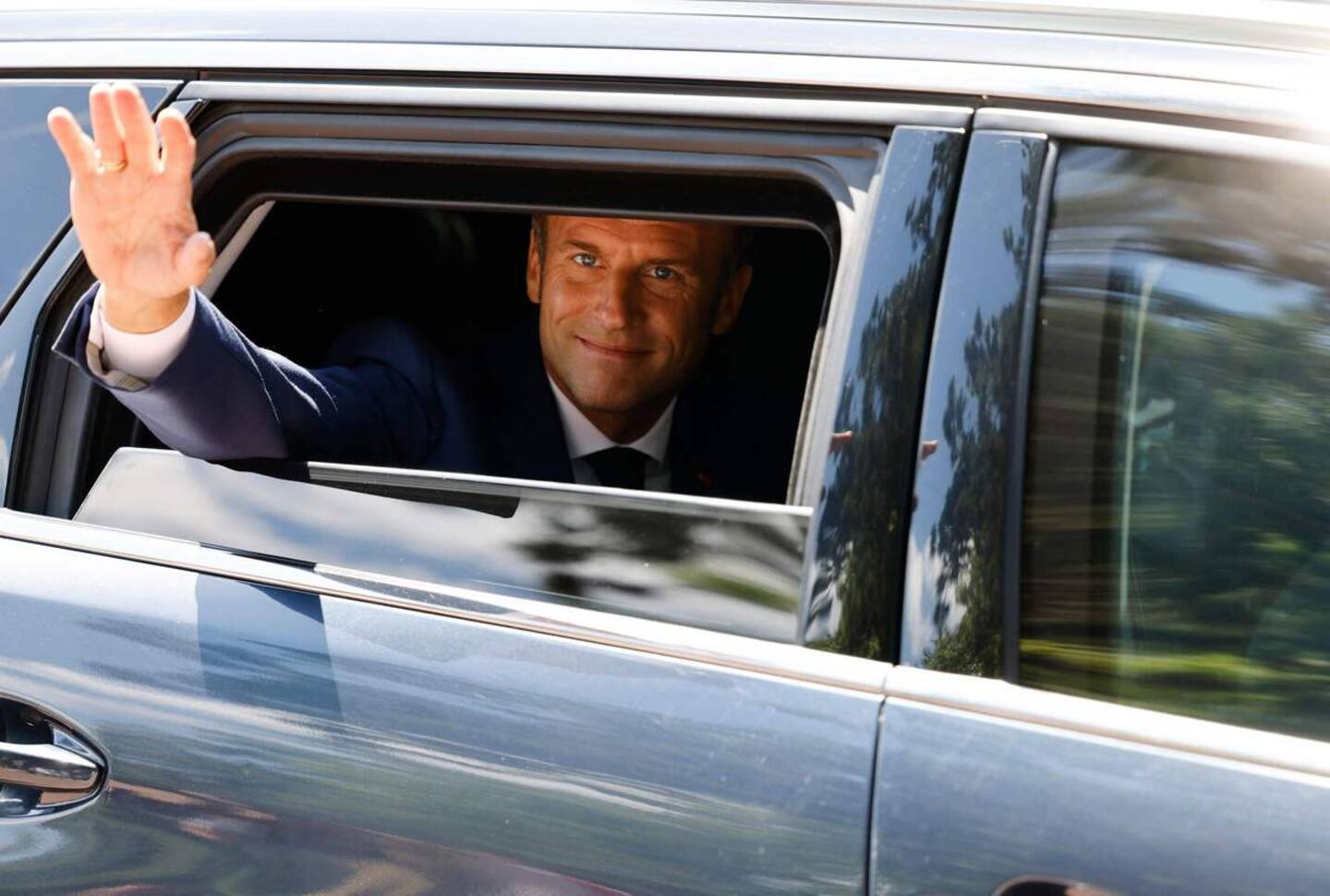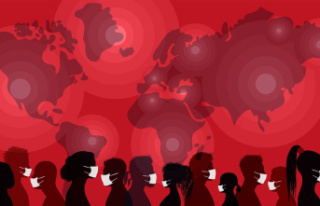The results of the first round of the legislative elections in France are very bad for Emmanuel Macron.
According to projections, after the second round, his party, Together, would end up collecting between 255 and 295 deputies. It needs 289 to be in the majority.
It is likely that his party will have to govern in a minority way, by allying with another party. This shouldn't be too difficult.
But several ministers that Macron has appointed to his cabinet before the election could be forced to resign, failing to be elected in the second round.
The big winner of this first round is Jean-Luc Mélenchon. He finds himself at the head of a left-wing coalition, the New Popular Ecological and Social Union (Nupes), which, after the second round, should bring together between 150 and 190 deputies.
These legislative elections could therefore serve as a springboard for the next presidential election. He also claimed the post of prime minister. The electoral results do not justify his appointment, but this claim serves the image of new legitimacy that he has begun to build.
The game is not yet won for Mélenchon. The next presidential election is far away, and he will have a lot to do to keep his coalition intact.
Low turnout
Nevertheless, despite quite different projected numbers of deputies, Ensemble and Nupes have very similar voting rates, with around 25% each. Mélenchon can still rejoice here.
The participation rate in the first round seems very low. It is possible to estimate that only about 48% of registered voters would have deigned to vote. This rate has been declining since 2002. In 1978, nearly 85% of registered voters were going to vote.
This worrying disaffection of voters is bad news for French democracy.
Why are so few people going to vote?
In France, it is easy to go and vote. The voting conditions are therefore not in question.
Similarly, Together, more center-right, and Nupes, on the left, presented very different electoral platforms from each other. It is therefore not a problem of too close proximity between party programs.
Why this apathy?
Possible causes
One could argue, to use a famous title from Quebec cinema, that comfort breeds indifference. However, the situation of the Yellow Vests and the high inflation from which the country suffers are not comfortable.
The evil seems deeper.
It is perhaps linked to the feeling among voters that national elected officials cannot do much for them. This would explain why the rate of participation in the election to the presidency, perceived as the stronghold of power, is much higher.
It may also be that other voters, increasingly disillusioned and individualistic, came to the conclusion that no one but themselves could represent them.
Why such a low turnout? The question remains open.













